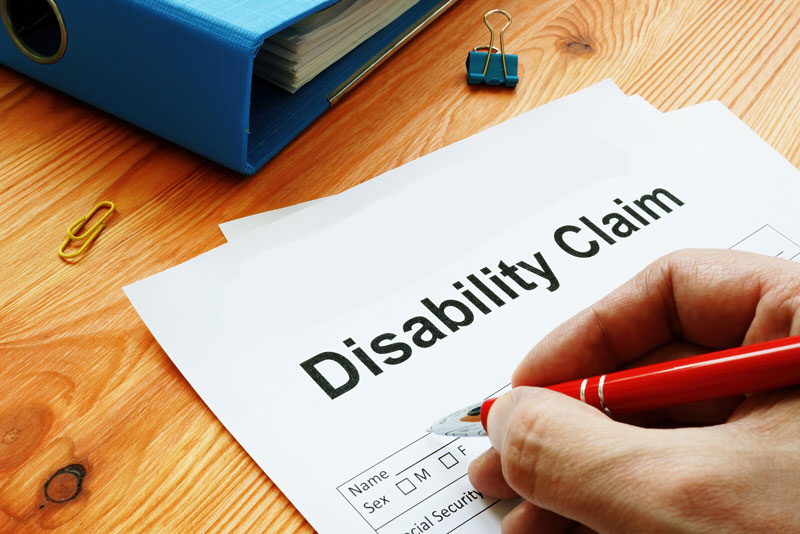The SSDI (Social Security Disability Insurance) program administered through the SSA (Social Security Administration) provides benefits to disabled Americans who are unable to engage in work and earn wages due to a physical or mental disability that is expected to last for at least 12 months or result in death. The benefits are granted only on the basis of a comprehensive medical record review, and it provides monthly income, dependent benefits, Medicare eligibility and other assistance. It is estimated that around 2 million people apply for SSDI benefits each year. However, many of these claims are denied as technically ineligible. The SSA follows a series of steps to determine eligibility and one of these is Past Relevant Work, which can have a major impact on whether the claim will be approved.
If the SSA determines that a claimant can do their past work, they may deny the benefits. On the other hand, if it is determined that the claimant cannot do past work, the next step is to determine whether or not he/she has skills that are transferable. If yes, the SSA will deny the claim.
- According to the SSA, a “skill” is “knowledge of a work activity which requires the exercise of significant judgment that goes beyond the carrying out of simple job duties and is acquired through performance of an occupation which is above the unskilled level.”
- “Transferability” is the ability to use skills learned in past jobs to satisfy the requirements of another skilled/semi-skilled position. You cannot transfer skills learned at a semi-skilled job to a skilled job.
What are transferable skills according to the SSA? These include the following.
- Teaching/training
- Taking inventory
- Supervising others
- Using construction equipment
- Typing
- Filing and organizing information
- Managing money
- Reading blueprints
To decide whether a claimant’s skills are transferable, the SSA follows certain steps.
- Classifying the claimant’s past work as skilled, semi-skilled, or unskilled.
- This helps evaluate the skill level. You can gain skill only from work classified as skilled or semi-skilled. In the case of a claimant who has done only unskilled labor, the SSA will determine that he/she has no transferable skills.
- Once the skill level is finalized, the SSA uses the following factors to determine eligibility.
- Medical limitations: The consideration is whether the claimant’s disability affects the ability to perform those skills. If it does, the skills are not transferable. If the claimant’s impairment doesn’t affect a skill, it may be considered transferable.
- Work setting: Jobs like fishing, farming, and mining require considerable skill, and such acquired skills cannot be easily used in other jobs or work settings outside of their specific industry.
- Particular nature of the job: There are some jobs that demand skills that are highly specific to a particular industry. Those skills also cannot be transferred to another totally different job.
- General applicability of the vocation: Some jobs (administrative, clerical etc.) help you acquire skills that can be used across several fields of work. Unless the claimant’s medical conditions prevent him or her from carrying out their job, these skills are usually considered transferable.
For a person who is fifty years old or older, whether or not he/she has transferable skills can be crucial in their disability case. As providers of medical review services for disability attorneys, we know that the attorney would strive to ensure that the SSA’s vocational expert (VE) considers how the claimant’s mental and physical disabilities could affect the transferability of skills. It is vital that the VE understands the real concerns of the claimant and doesn’t erroneously determine that he/she has transferable skills, which could lead to claim denial. In the event of a denial, a social security disability attorney would work to convince the SSA that the claimant’s skills cannot be transferred to another type of job or that the claimant cannot any longer perform the tasks that require the skills.
Disclaimer: The content above is based on material sourced from reliable internet resources. It is not professional legal opinion.




